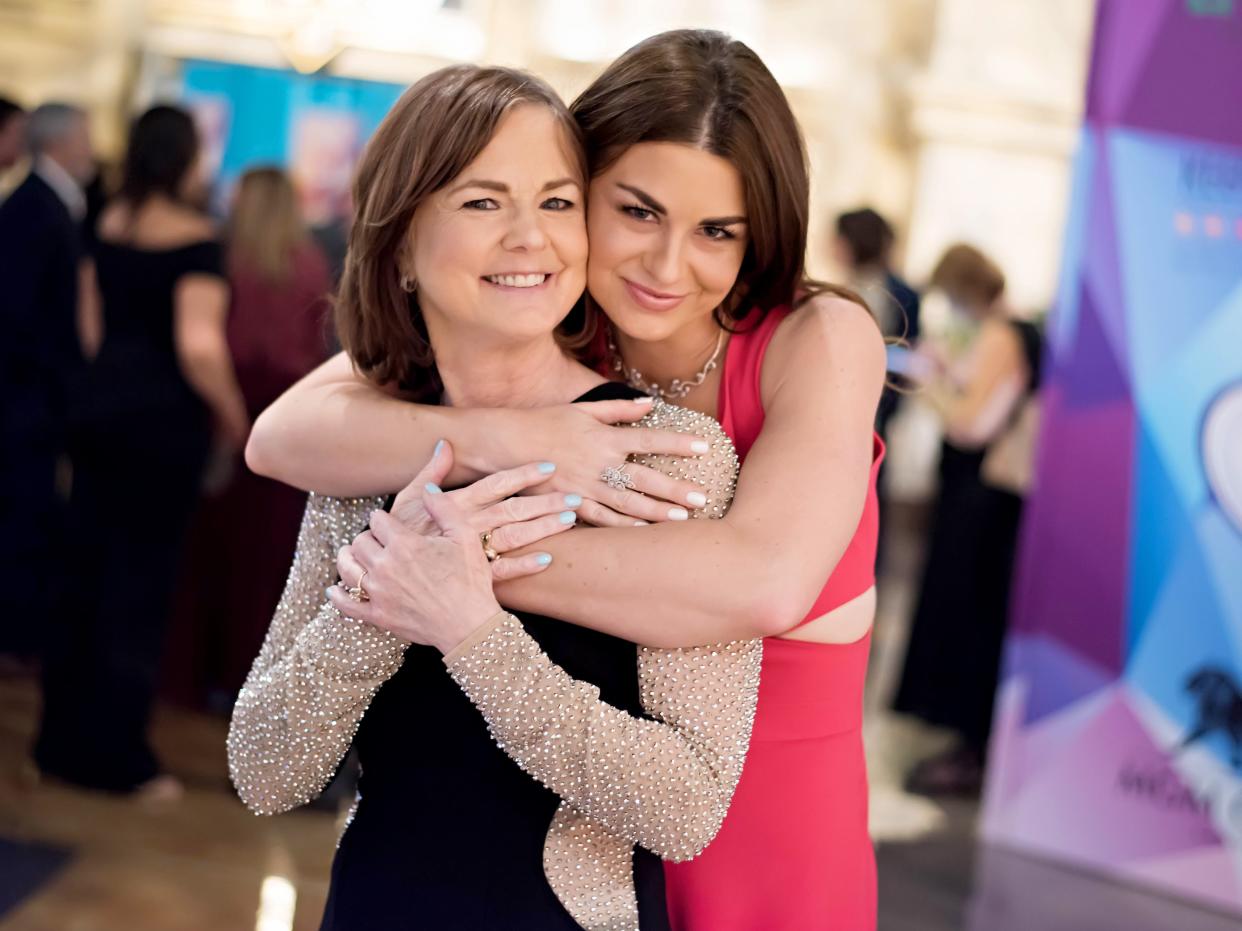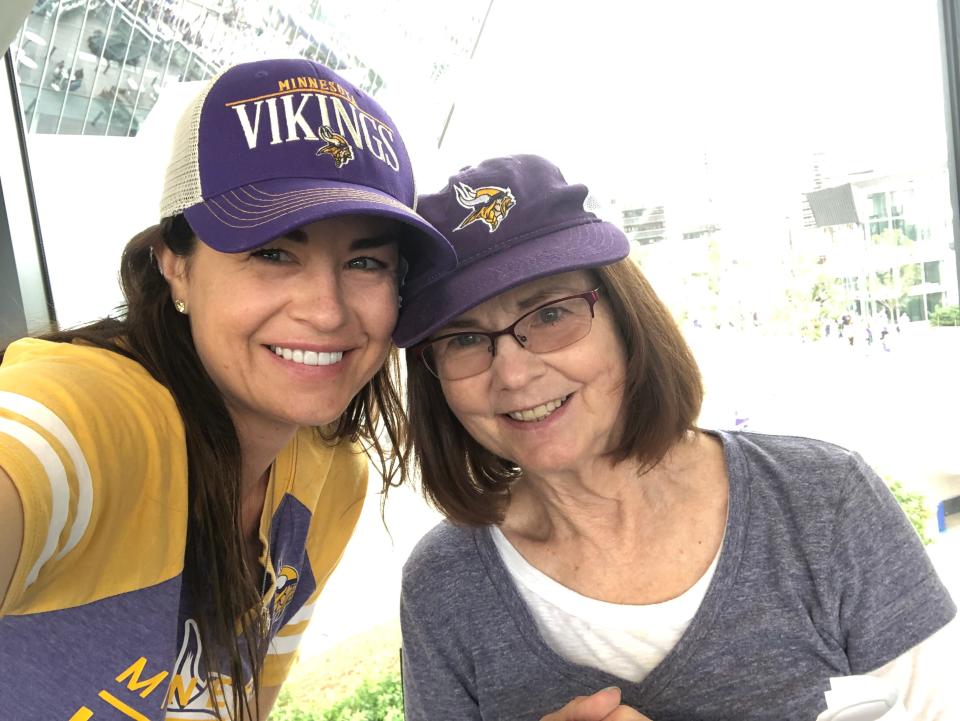My terminally ill mom taught me 5 life lessons before she died. She saw death as a gift to live to the fullest.

Cortney Warren's mom, Karen Warren, was diagnosed with a terminal illness in 2016.
She saw death as a way to make the most out of the life she had left.
Cortney Warren shared the biggest lessons she learned from her mom's attitude to death.
After she was diagnosed with a terminal illness, a philosopher decided to view her upcoming death as a gift and use it to motivate her to get the most out of her last years of life.
Cortney Warren, a clinical psychologist, learned a lot from her mother, Karen Warren, who died in 2020 from multiple systems atrophy, a neurodegenerative illness.
She was diagnosed in 2016, so she had years to reckon with her mortality.
"The truth is that we're all going to die. And that's a reality that people don't like to think about because it's scary," Warren told Business Insider. "But if we can be honest with ourselves about the fact that we're all mortal and we're all going to die, that's a gift we can utilize to create meaning in our lives."
She shared these five things her mom learned from the "gift of death":
Make sure you have no regrets when you die
Warren said you should ask yourself what conversations you need to have with people in your life so that you don't have unfinished business when you die. She and her mother talked out some of their issues when they found the illness was terminal, so they had nothing left unsaid when she died.
Karen Warren also made a bucket list, which included traveling with her daughter.
One 2018 study found that a few of the most common things people include on their bucket lists are: traveling, accomplishing goals such as writing a book, spending quality time with friends and family, and doing scary things such as skydiving or swimming with sharks.

Spend as much time with loved ones as you can
Not spending enough time with loved ones is a common regret for centenarians, according to people who verify the ages of the world's oldest people, as BI previously reported. Warren said her mom addressed this before she died.
"It became very clear that as she was dying, nothing else really mattered — it was all about the memories and experiences with loved ones," Warren said.
They went traveling together and saw each other once a a month for five years, even though they didn't live in the same state, which helped them process the upcoming death.
Her mom also left videos, messages, and letters to her family, friends, and colleagues so that she could express her gratitude to them and leave them a piece of her.
Live in the present
One of her mom's regrets, Warren said, was fixating too much on things that happened in her past and allowing it to limit her enjoyment of the present.
"I don't know if she could have done things differently," Warren said, "but letting the past be done is something she wished she could have done so that it didn't affect how much she enjoyed her life in the present."
Hospital chaplain Joon Park previously told BI that patients on their deathbeds also often worry about their loved ones' future and how their death will affect them.
Don't worry about what people think of you
"We think, in the moment, that the way we look, the way we dress, how much money we make, and what people think of us actually reflect our value. But at the end of your life, you don't care about those things," Warren said.
So if someone expresses their opinion about you, be willing to engage in conversation, but don't take it personally. And if someone is cruel, walk away, she said.
Not worrying about things out of their control is actually a common characteristic of the world's longest-living people, centenarian researchers previously told BI.
Take control of your own life
You should let go of people and things that don't serve you or make you happy, Warren said, whether that's reducing the time you spend with people you don't like or leaving a career you don't enjoy.
"When you realize you're not living your life in the most authentic, fulfilling way possible, it's time for you to change your reality — in your behavior or your internal dialogue. Ask yourself what you need to do differently so that life brings you the most profound fulfillment that you can get out of it."
BI previously reported on a study that found that taking control of your life is one of the key personality traits that super-agers share.
Read the original article on Business Insider


